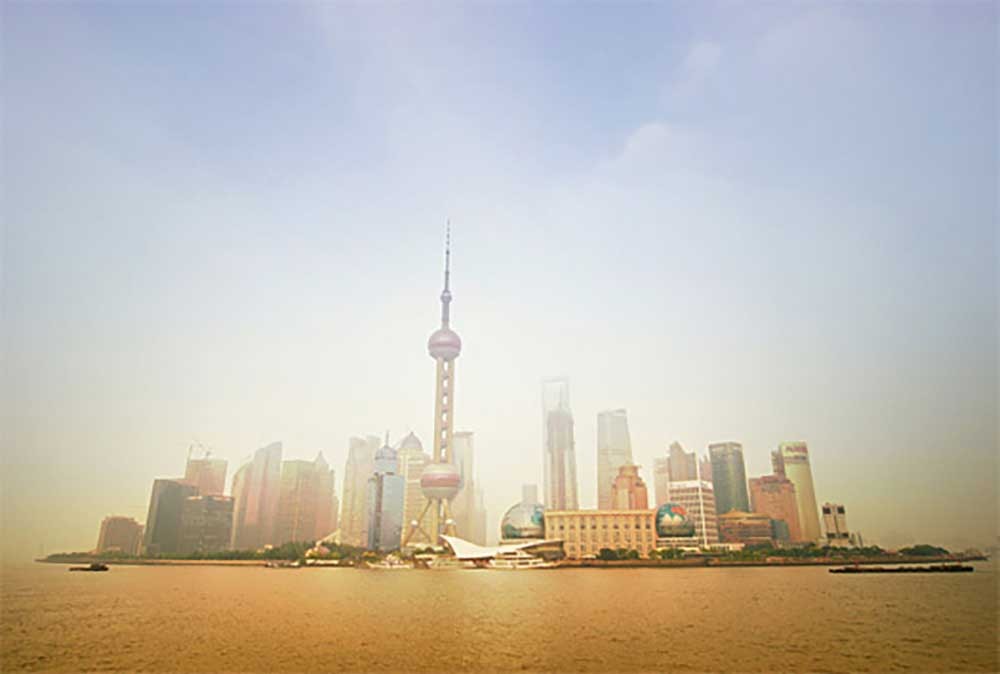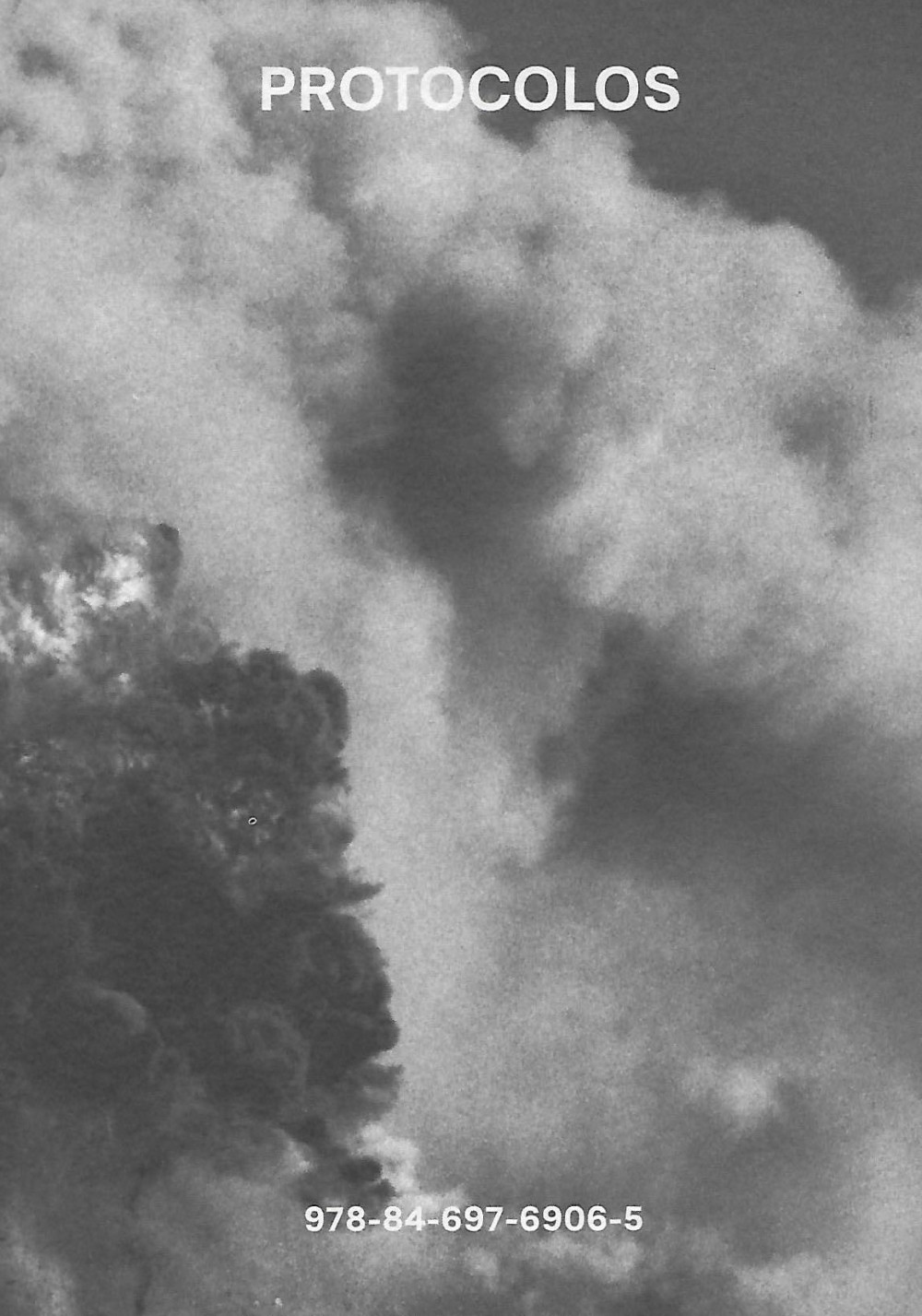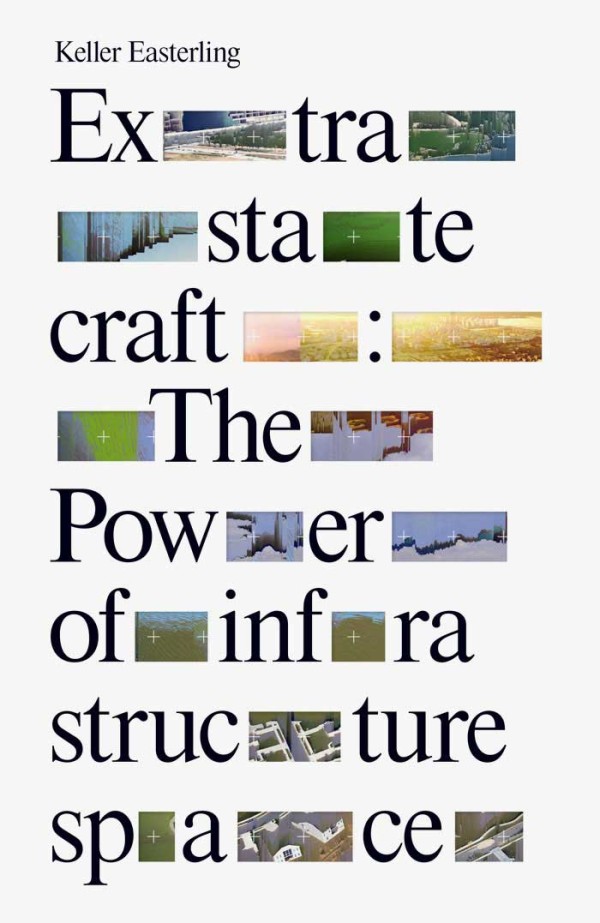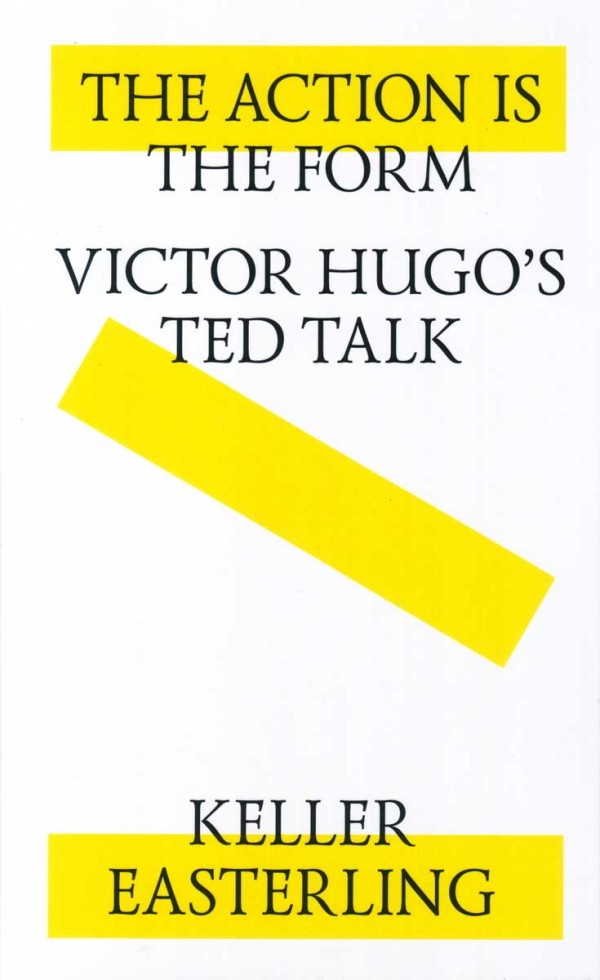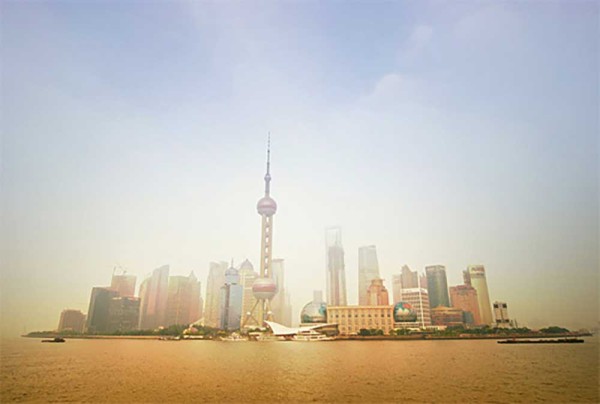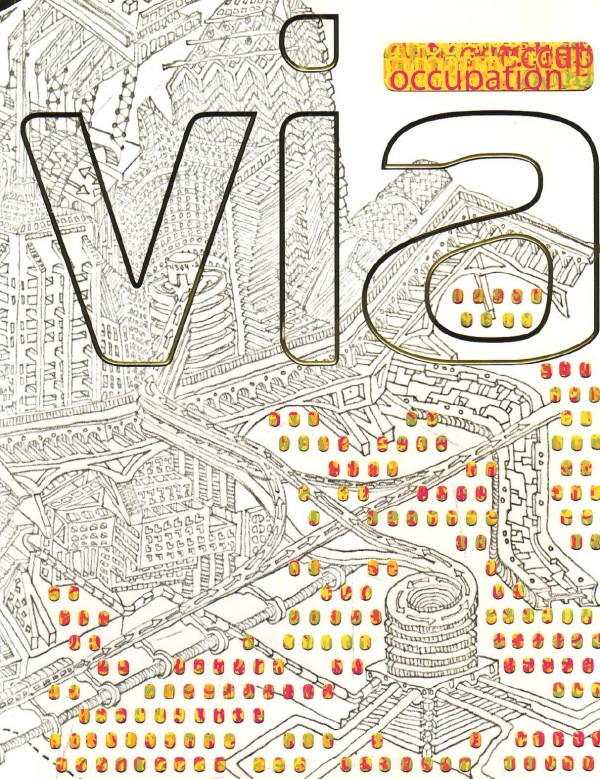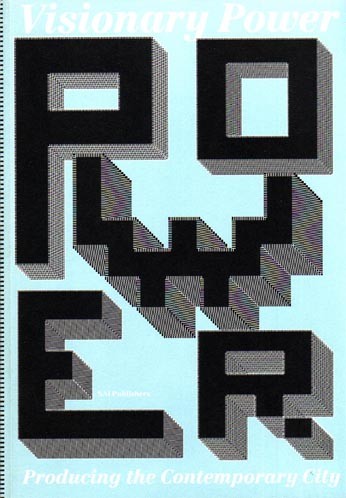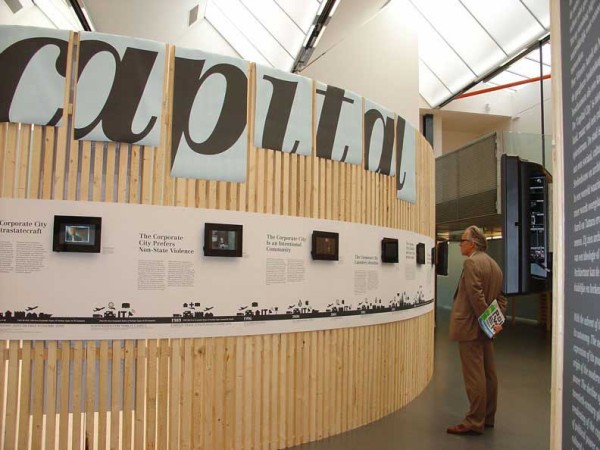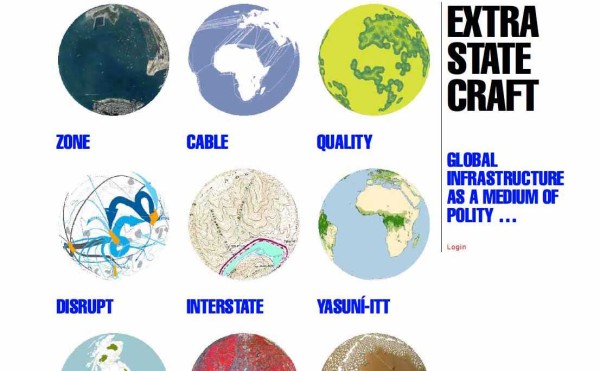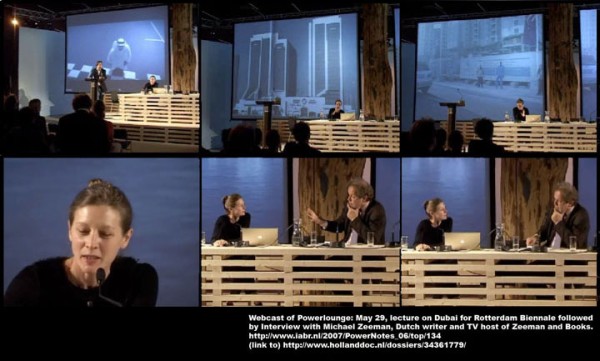Lujiazui Finance and Trade Zone, Pudong District, Shanghai, China. Photo by Kamal Zharif Kamaludin.
Zone: The Spatial Softwares of Extrastatecraft
Places Journal — 2012
Lujiazui Finance and Trade Zone, Pudong District, Shanghai, China. Photo by Kamal Zharif Kamaludin.
Today urban space has become a mobile, monetized technology, and some of the most radical changes to the globalizing world are being written, not in the language of law and diplomacy, but rather in the spatial information of infrastructure, architecture and urbanism. Massive global systems—meta-infrastructures administered by public and private cohorts, and driven by profound irrationalities—are generating de facto, undeclared forms of polity faster than any even quasi-official forms of governance can legislate them—a wilder mongrel than any storied Leviathan for which there is studied political response.
One of these meta-infrastructures is the phenomenon of the free zone—a highly contagious and globalized urban form and a vivid vessel of what I have termed extrastatecraft. A portmanteau meaning both outside of and in addition to statecraft, extrastatecraft acknowledges that multiple forces—state, non-state, military, market, non-market—have now attained the considerable power and administrative authority necessary to undertake the building of infrastructure.
The zone—a.k.a., the Free Trade Zone, Foreign Trade Zone, Special Economic Zone, Export Processing Zone, or any of the dozens of variants—is a dynamic crossroads of trade, finance, management and communication. If, in the contemporary scene, diverse spatial types demonstrate the ways in which architecture has become repeatable and infrastructural, then it is the zone that demonstrates the ways in which urbanism has become infrastructural. Though its roots are ancient, dating back to the free ports of classical antiquity, only in recent decades has the zone emerged as a powerful global form, evolving rapidly from an out-of-way district for warehousing custom-free goods to a postwar strategy for jump-starting the economies of developing countries to a paradigm for glittering world cities like Hong Kong, Singapore and Dubai.
Translated into Spanish in Bartlebooth: Protocolos, 2017, editors Antonio Giraldez Lopez, Begona Hermida Castro and Pablo Ibanez Ferrera
